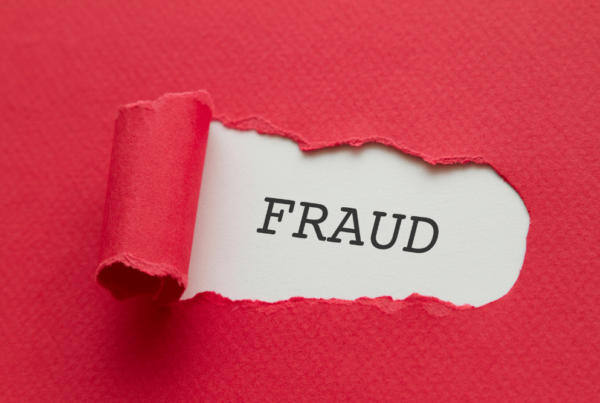A search warrant is the most powerful tool belonging to law enforcement during the investigation of a crime. The United States government will seek a search warrant for any place or property if there is probable cause to believe it is connected to a federal criminal offense. A search warrant is obtained by filing a complaint for search warrant with a US Magistrate Judge. The judge receives the affidavit alleging there is probable cause, and determines whether or not to issue the search warrant.
A search warrant for bank statements, or any other financial records for that matter, is subject to additional requirements because bank and financial records are protected by federal law. The Right to Financial Privacy Act of 1978 (12 USC 3401 et seq.) provides privacy protection for bank and financial records.
Because of this law, federal prosecutors must notify the person affected by the search warrant that their records were obtained. The US government must mail a notice to the customer within 90 days of execution of the search warrant indicating that the records were obtained, and also provide a copy of the search warrant. See 12 USC 3406. The notice is only required to be mailed to the customer’s last known address, so the government is not required to otherwise search for the customer.
The US Attorney may seek a delay for notice beyond 90 days by petitioning the court under 12 USC 3409.
There is no requirement of notice to the customer if a search warrant is used to obtain evidence from a safe deposit box. The law protecting financial privacy applies to accounts, and a safe deposit box is not considered an account.





